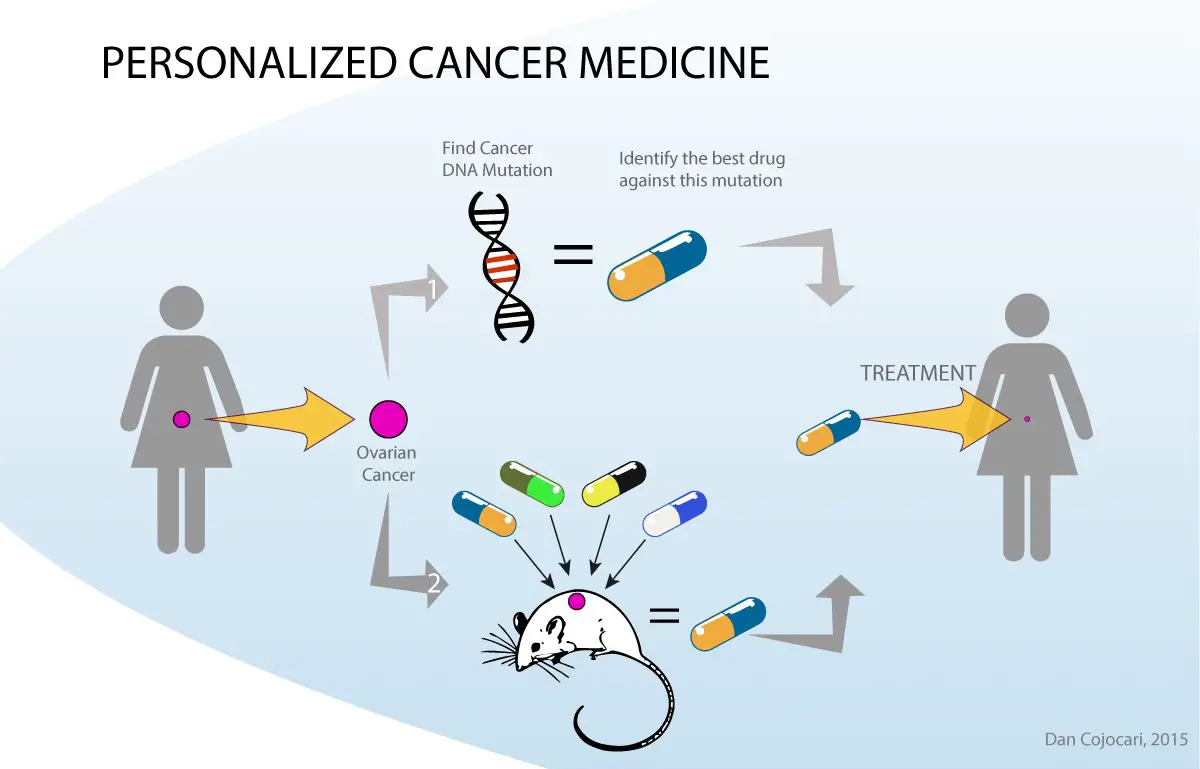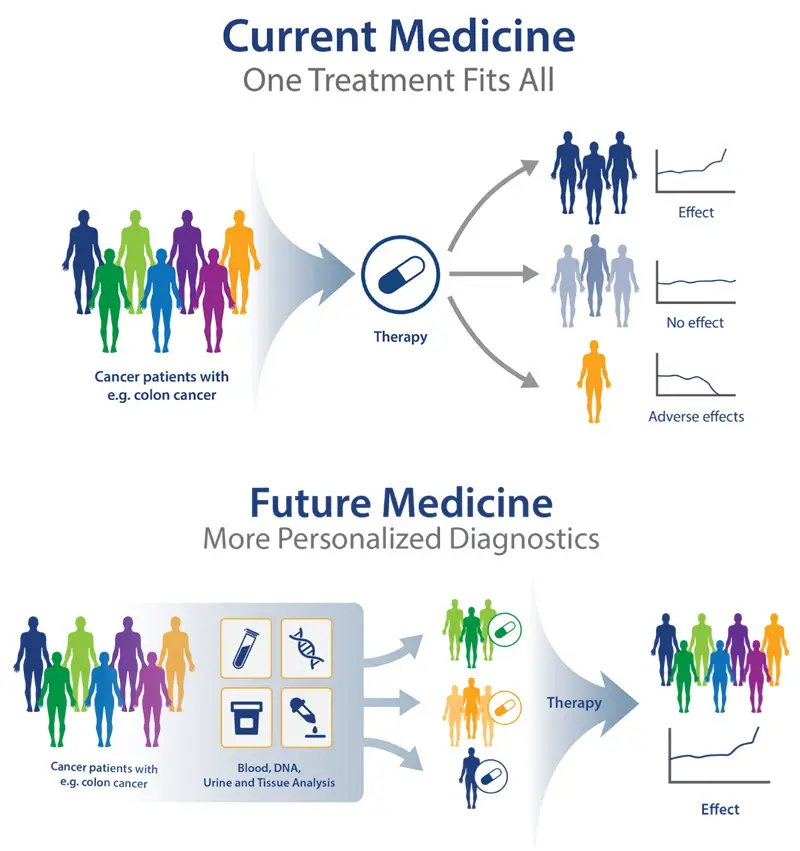AI and the Future of Personalized Medicine

Artificial intelligence (AI) is rapidly transforming the field of medicine, enabling the development of personalized treatments tailored to each patient’s unique needs. AI-powered technologies such as machine learning and deep learning are being harnessed to analyze vast amounts of medical data, identify patterns and insights, and predict outcomes, leading to more precise diagnoses, targeted therapies, and improved patient outcomes.

Precision Diagnostics with AI

AI algorithms can analyze medical images, such as MRI scans, X-rays, and pathology slides, with a level of accuracy and efficiency that surpasses human capabilities. This allows for early detection and more precise diagnosis of diseases, including cancer, heart disease, and neurological disorders. AI can also identify patterns in electronic health records (EHRs), patient demographics, and lifestyle factors to predict the risk of developing certain diseases, enabling targeted screening and preventive interventions.
Personalized Treatment Plans
Once a disease is diagnosed, AI can help develop personalized treatment plans by analyzing a patient’s genetic profile, disease history, and response to previous treatments. By identifying specific genetic mutations or characteristics associated with drug response, AI can predict the most effective therapies for each patient. This precision medicine approach aims to maximize treatment efficacy while minimizing side effects and drug resistance.
Predicting Patient Outcomes
AI algorithms can analyze historical data to identify factors that influence treatment outcomes. By studying large cohorts of patients, AI models can predict the likelihood of response to specific therapies, complications, and long-term survival rates. This information empowers clinicians to provide informed recommendations and prepare patients for potential risks and benefits of different treatment options.
Tailored to Individual Needs
The beauty of AI in personalized medicine lies in its ability to adapt to each patient’s unique profile. By integrating personal health data, lifestyle information, and genomic data, AI can create individualized predictions and recommendations. This tailored approach ensures that patients receive treatments that are specifically optimized for their needs, increasing the chances of positive health outcomes.
Future Directions and Ethical Considerations
As AI-driven technologies continue to advance, the future of personalized medicine holds exciting possibilities. AI algorithms will become even more sophisticated, enabling the integration of additional data sources and the analysis of complex interactions between genetic, environmental, and lifestyle factors. However, it is crucial to consider the ethical implications of using AI in healthcare, including data privacy, bias mitigation, and the potential for misinterpretation of AI-generated results.
Conclusion
AI has the potential to revolutionize medicine by empowering personalized, data-driven decision-making. It enables the precise diagnosis and tailored treatment of diseases, leading to improved patient outcomes. As AI technologies continue to evolve, the future of personalized medicine looks promising, with the potential to transform healthcare and improve the lives of countless individuals worldwide.
